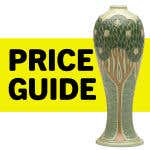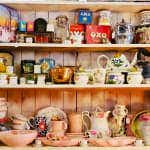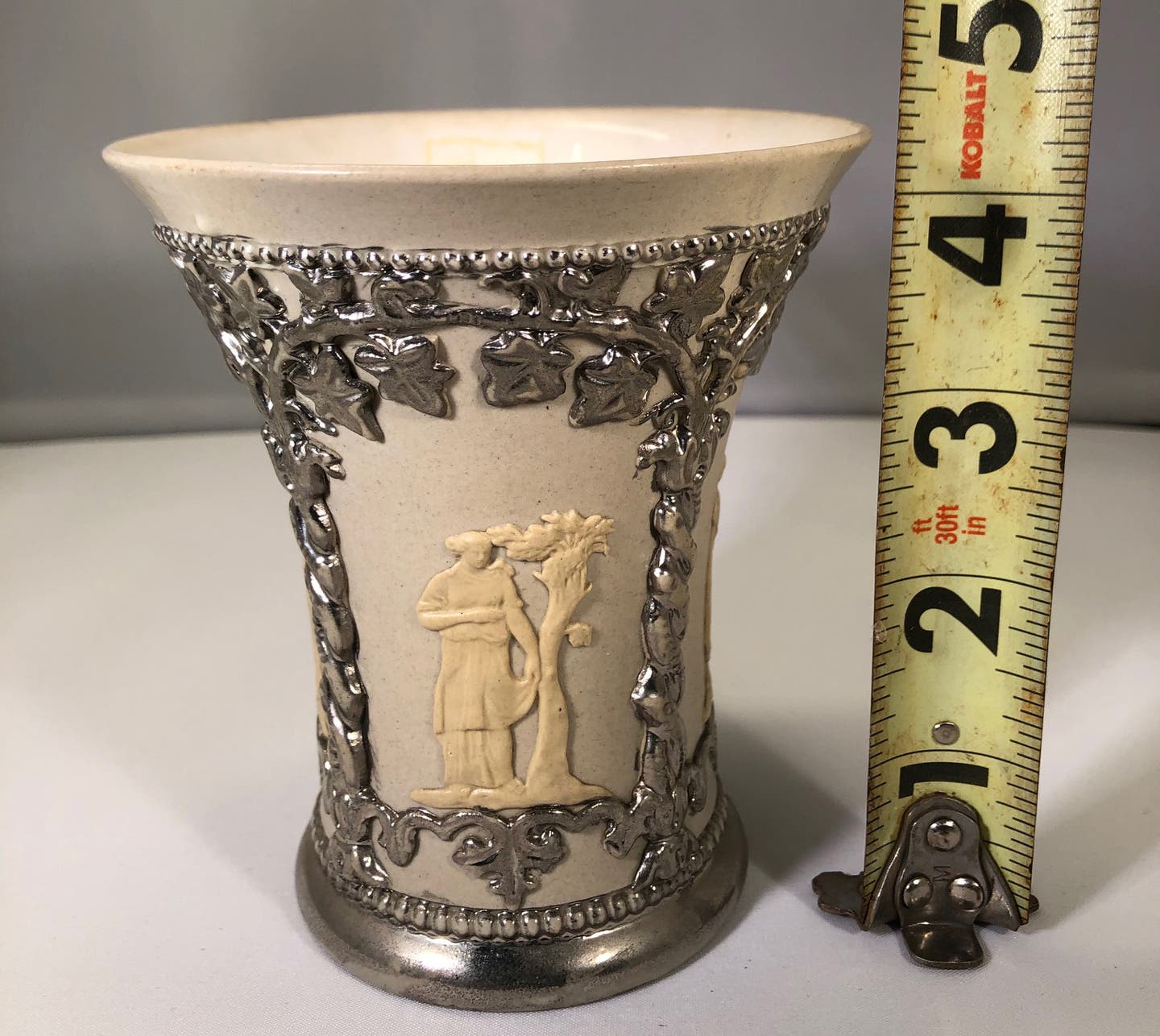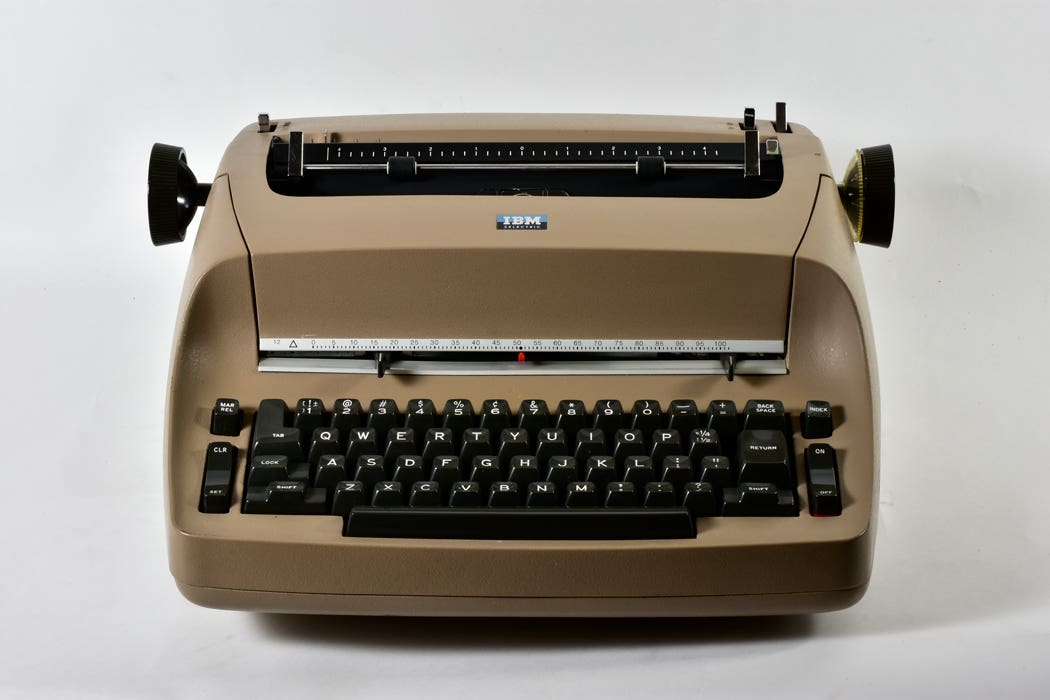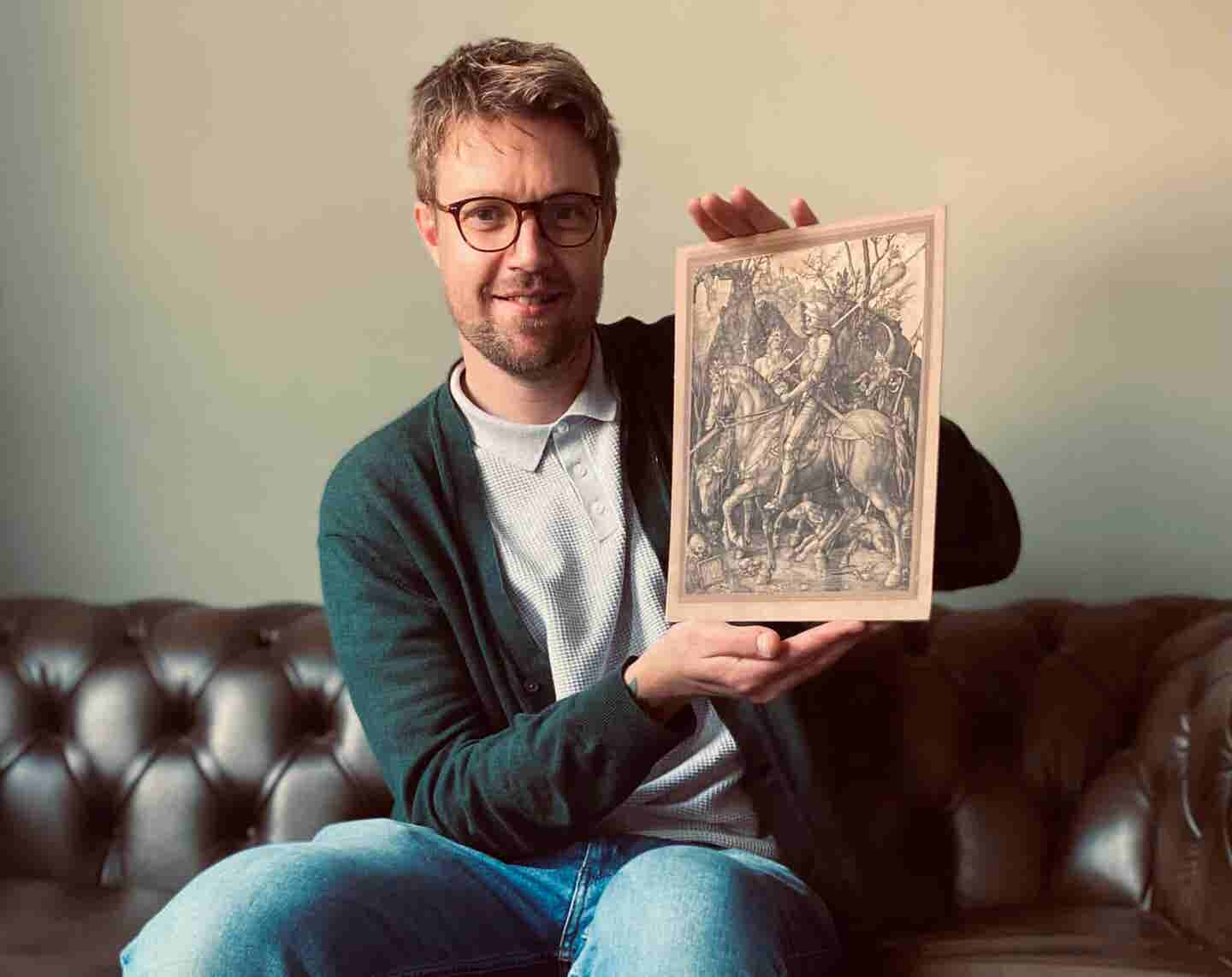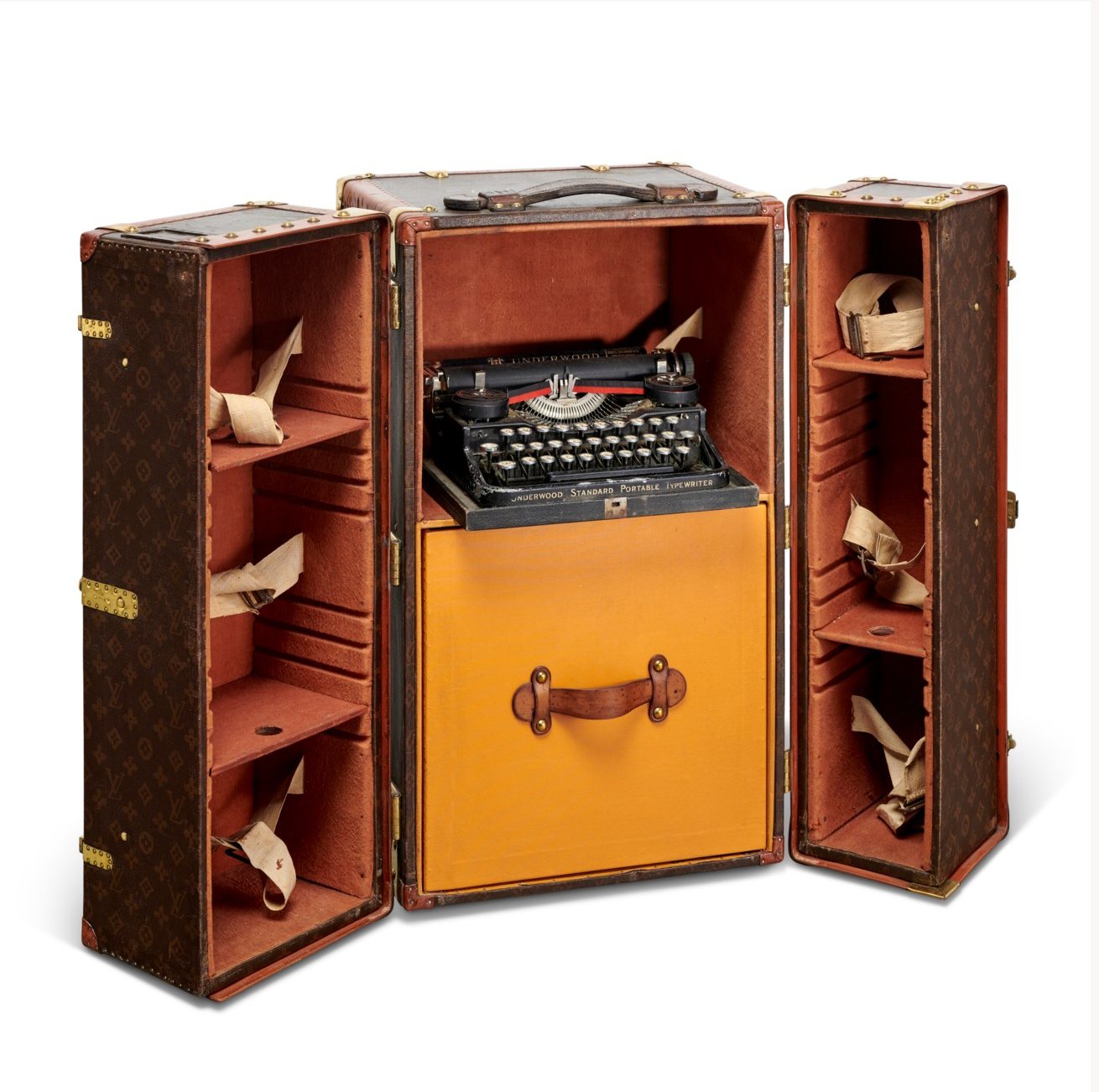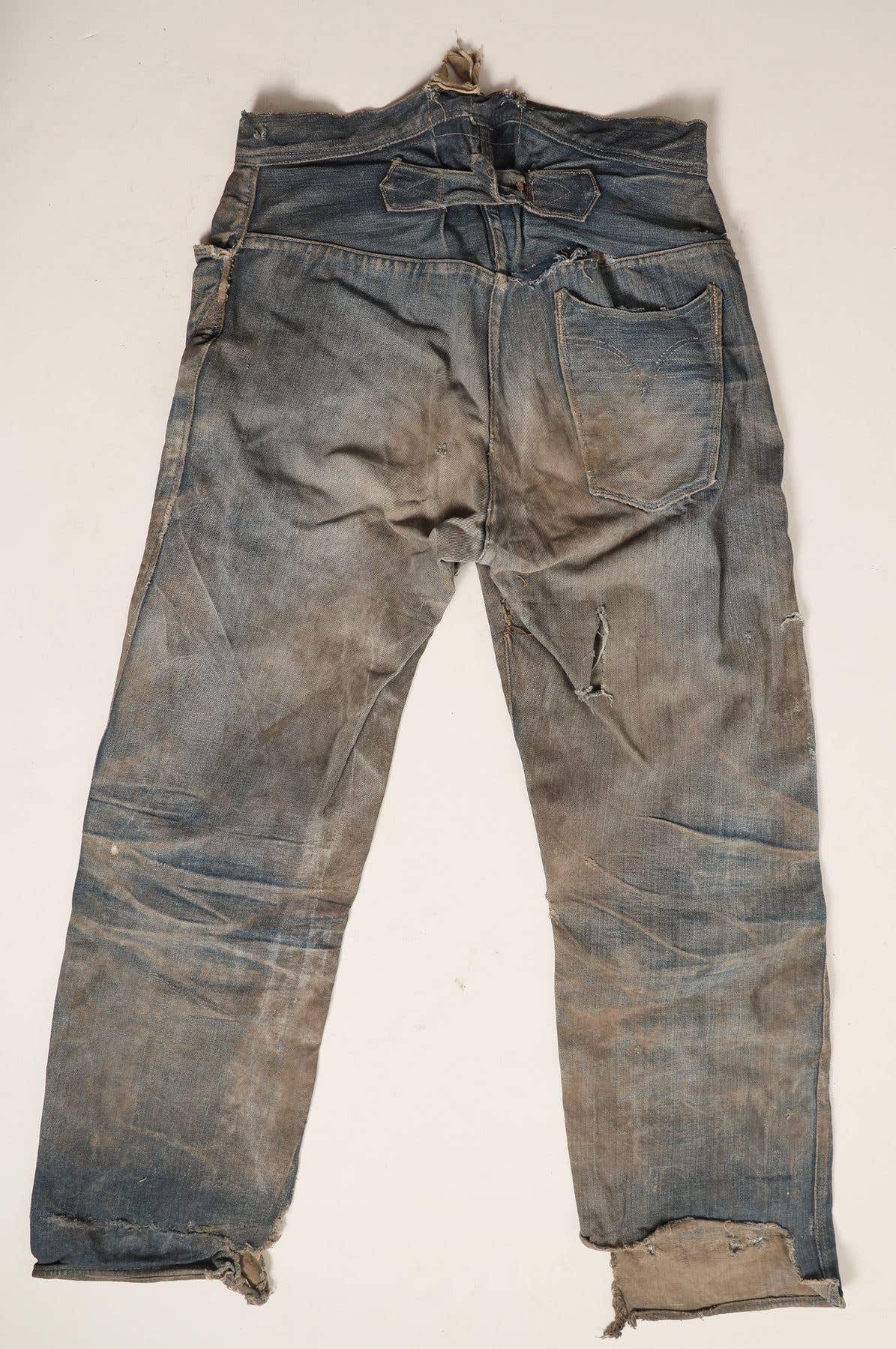Eight Reasons Collectors Should Get to Know Local Antiques Dealers
The antiques and collectibles business is sustained by the expertise of its dealers, and this is why you should get to know your local ones.
The question posed on Quora was both enlightening and amusing. It read: “How do antique dealers know so much about everything?” I read the query and laughed.
After some thought, I read the comments. Contributor Ryan Lynch described the strength and weakness of a dealer’s knowledge succinctly when he replied: “An antique dealer’s knowledge is a lot like Lake Chad: Extremely large and very shallow, excepting for one or two particular and very narrow areas of expertise.”
Lynch’s analogy has merit. Allow me to expand a bit, though: Just as countless species of flora and fauna and the economies of three African nations are sustained by “large and shallow” Lake Chad, the antiques and collectibles business is sustained by the expertise of its dealers, whether such knowledge be shallow or deep. Antiques hobbyists and collectors would do well to tap into this expertise. If antiques enthusiasts aren’t using their local dealers as a resource, they should.
Why antiques dealers are a valuable resource
The constraints of supply and demand require most dealers to be generalists rather than specialists. In a world full of specialty retailers (tires, shoes, etc.), antiques merchants must grasp the fundamentals of art, woodworking, chemistry, ceramics, history, textiles, manufacturing, and a host of other topics in order to buy and sell confidently.
Antiques dealers are driven by curiosity. For every item in their inventory they have asked: “What is this made of? When was it made? What are its technology markers? How many are on the market? What are they selling for?”
Habits for acquiring antiques knowledge
They immerse themselves in whatever topic has captured their attention: they read, watch videos, and talk with collectors and sellers. Through decades of exposure to thousands of items in auctions, catalog descriptions, books, fairs, and in collaboration with collectors and pickers, dealers develop an intuition about antiques.
Author Jonathan Gash, in his novels and BBC television series Lovejoy, calls his antiques-dealer protagonist a “divvie,” meaning “one with an almost supernatural talent for recognizing exceptional items as well as for distinguishing fakes or forgeries from genuine antiques.”
Over time, antiques dealers and collectors may become “divvies,” to a greater or lesser degree. Unlike Lovejoy, though (who is portrayed as a bit of a ne’er-do-well), a dealer’s stock-in-trade is his reputation. Trust, expertise, and fair dealing are required in order to flourish in the antiques trade. Ignorance, apathy, and greed will cause improvident dealers to rapidly self-destruct.
These days, hobbyists often glean their information from Google alone. A website can certainly provide an antique’s background information, but words and digital pictures fall short of the education one can receive from an experienced dealer. Visiting and consulting with a dealer offers a full sensory experience: touch, sight, sound, smell, and (if you dare) taste. There are times when an object’s heft, or the way the light reflects from its surface, or the feel of its finish, or it’s smell can provide details that online digital facsimiles can’t.
Eight reasons to buddy up with an antiques dealer
- You can access a dealer’s picker network. A picker’s business model is based on “quick flips” of merchandise. They roam, buy, and turn a quick profit by selling to local dealers. You will seldom see a picker’s merchandise online.
- Dealers will have merchandise that you haven’t seen locally. Astute dealers won’t shop auctions and sales held in their own market area. If they did, their auction-going customers would know where an item was purchased and how much was paid for it. So, dealers attend out-of-town auctions, bring back items not found locally, and price them accordingly. In their travels, dealers can keep an eye out for items on your wish list and call you as soon as they have something.
- Dealers have valuation resources that you probably don’t have. They may have decades of premier auction catalogs, subscriptions to several online valuation databases, trade magazines, and a substantial reference library. They may also belong to regional or national trade associations or collectors’ clubs.
- Dealers will know the best local service providers: restorers, decorators, estate clean-out services, and short-haul movers.
- There is “peace of mind” in buying from an established dealer. Online sellers come-and-go with frightening rapidity; when you buy from a local dealer, there are no unpleasant surprises. You get to hold and examine items you buy, take your time researching them, ask questions, and negotiate a price face-to-face. Best of all, you don’t have to pay for shipping.
- Most dealers have a built-in inventory bias; they began collecting as a hobby, and when the hobby got out of hand, they started to sell. Consequently, they tend to stock an overabundance of the items they love. When you find a dealer who loves the same things you do, you have found an exceptional resource.
- You may be able to sell your unwanted items to your local dealer. If one stays at it long enough, collections will eventually outgrow our space, and we will begin to cull the best items and sell the rest. A dealer can give you quick cash for your items, and you can avoid online selling fees, buying packing supplies, paying shipping costs, and risking returns.
- You can build your own network. Avid collectors attend the same shows and shop the same stores and auctions. When you see someone repeatedly, introduce yourself. Ask them about their interest in antiques; you may find a kindred spirit and someone you can trade with.
Ultimately, the antiques business is built on relationships between dealers, auctioneers, estate sellers, collectors, and service providers. Trust is paramount.
As Stephen M.R. Covey says in his best-selling book The Speed of Trust: the One Thing that Changes Everything, “Trust is equal parts character and competence... In a high-trust relationship, you can say the wrong thing, and people will still get your meaning. In a low-trust relationship, you can be very measured, even precise, and they’ll still misinterpret you.”
Get to know your local dealers, whatever their selling venue might be; they are too valuable a resource to ignore.
AntiqueTrader.com is a participant in the Amazon Services LLC Associates Program, an affiliate advertising program designed to provide a means for sites to earn advertising fees by advertising and linking to Amazon.com and affiliated websites.
Longtime columnist, writer, and author, Wayne Jordan is an antiques and collectibles expert, retired antique furniture and piano restorer, musician, shop owner, auctioneer, and appraiser. His passions are traveling and storytelling. He blogs at antiquestourism.com and brandbackstory.com.
